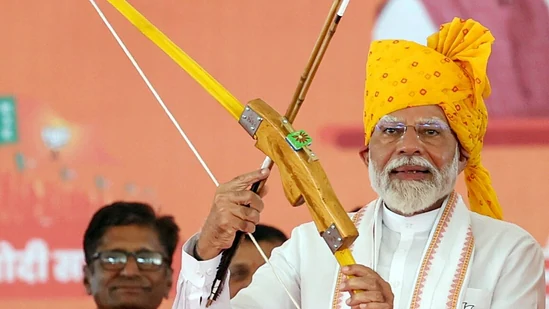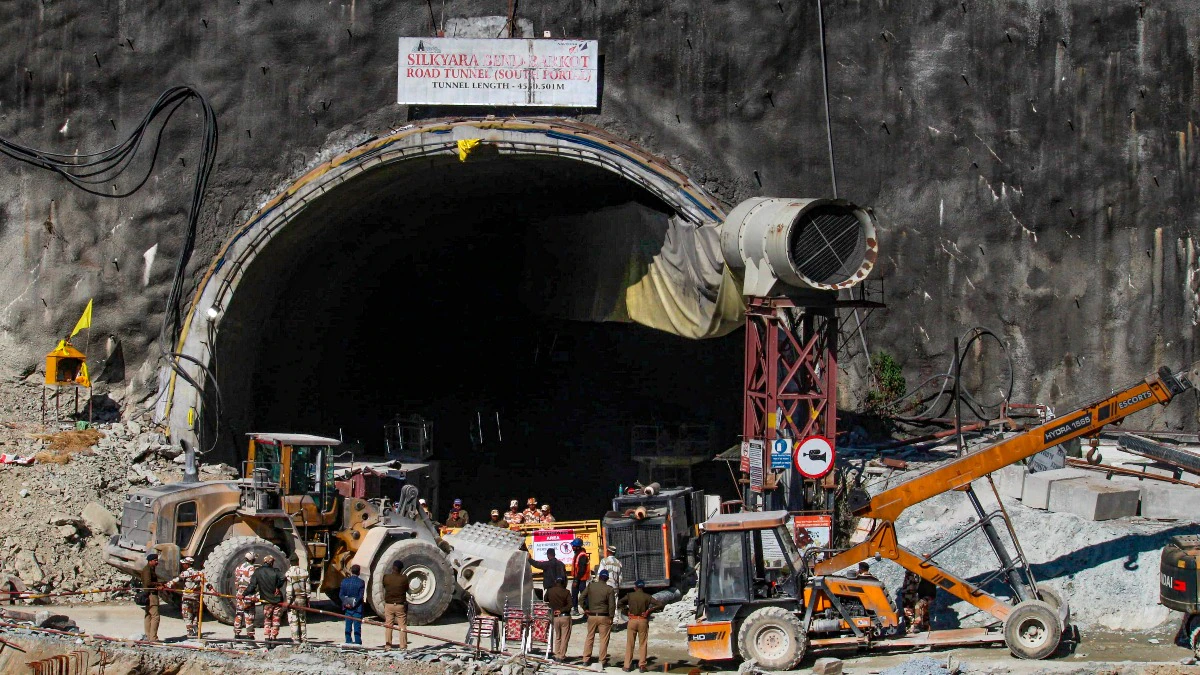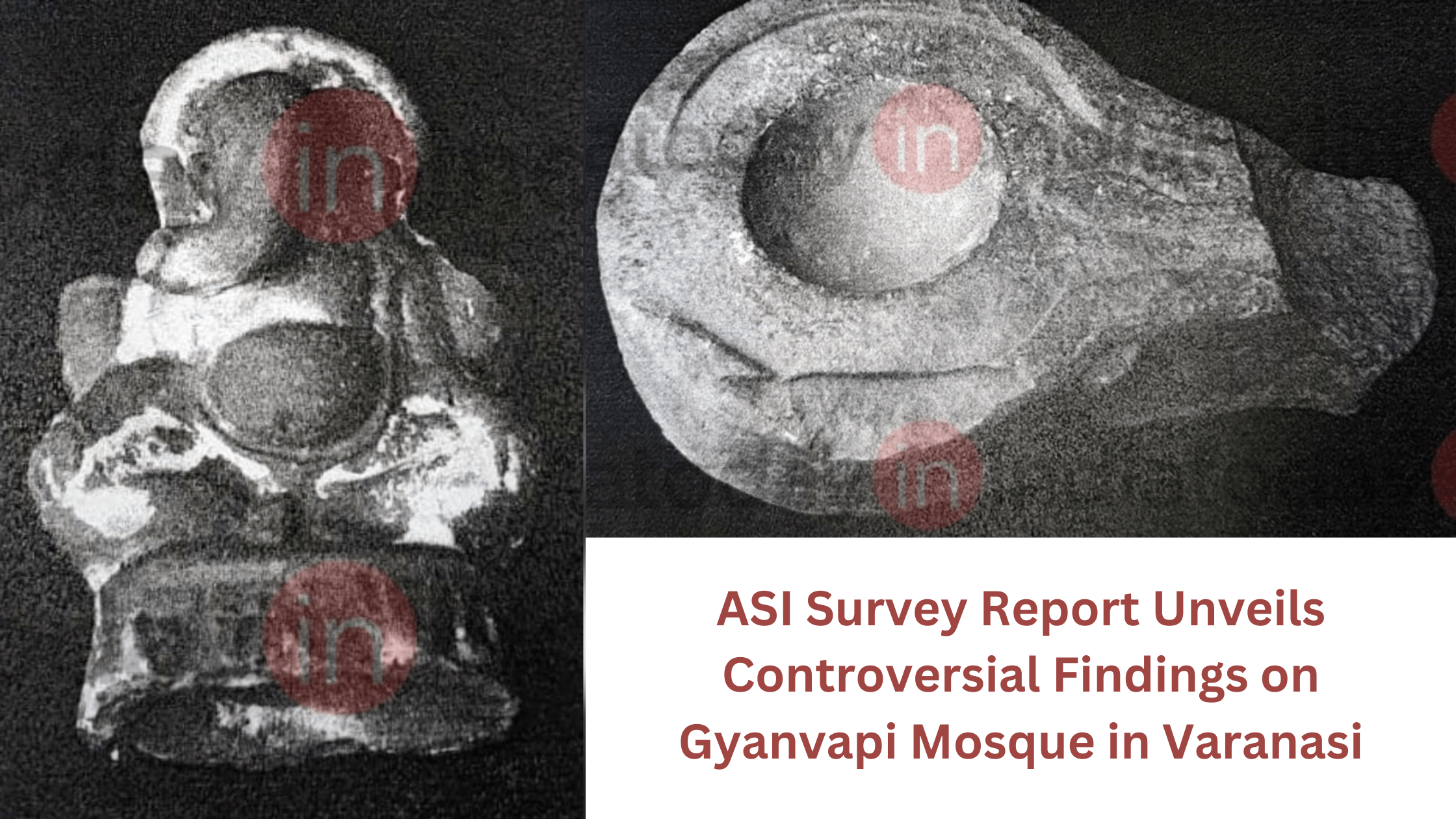A Critical Examination
On August 5th, 2019, India embarked on a controversial journey with the abrogation of Article 370 of the Indian Constitution. This article granted special status to the state of Jammu and Kashmir, limiting the applicability of various central laws and safeguarding its distinct identity. The decision sent shockwaves through India and the international community, sparking debates and legal challenges that continue to this day.
Understanding Article 370:
Drafted in 1949, Article 370 aimed to address the concerns of the predominantly Muslim population of Jammu and Kashmir about their integration into India. It restricted the application of central laws to Kashmir, except for those pertaining to defense, foreign affairs, and communication. This special status granted the state autonomy in areas like governance, education, and land ownership.
The Abrogation and its Justifications:
The Indian government, led by Prime Minister Narendra Modi, argued that the abrogation of Article 370 was necessary for several reasons:
- National Integration: The government claimed that Article 370 created a barrier between Jammu and Kashmir and the rest of India, hindering national unity and development.
- Economic Development: By removing restrictions on investment and trade, the government aimed to boost economic growth and create new job opportunities in the region.
- Security Concerns: Article 370 was seen as an obstacle in combating terrorism and insurgency in the state. The government believed that abrogation would enhance security measures and strengthen the fight against militancy.
The Supreme Court Verdict and its Impact:
In September 2023, the Supreme Court of India upheld the government’s decision to abrogate Article 370. The verdict stated that the abrogation was constitutionally valid but also emphasized the need for a “fast-track” process for restoring statehood to Jammu and Kashmir.
The verdict had a mixed reception. While supporters of the government hailed it as a victory for national unity and progress, critics argued that it undermined Kashmiri autonomy and democratic principles. The verdict also raised questions about the timeline and process for restoring statehood, an issue that remains unresolved.
The Aftermath: Challenges and Uncertainties:
The abrogation of Article 370 has brought about significant changes in Jammu and Kashmir. However, the region continues to face several challenges:
- Security concerns: Although the security situation has improved, militant groups remain active, and tensions persist in certain areas.
- Social and economic anxieties: The abrogation has generated uncertainty and anxieties among the Kashmiri population regarding their identity, rights, and future prospects.
- Political uncertainty: The question of statehood and the future political structure of Jammu and Kashmir remains unresolved, creating a sense of political limbo.
Moving Forward: A Path Towards Peace and Progress:
Navigating the complexities of the post-abrogation era requires a multi-pronged approach:
- Addressing Security Concerns: Continued efforts are needed to combat terrorism and ensure the safety and security of all residents in Jammu and Kashmir.
- Open Dialogue and Inclusiveness: Engaging in open dialogue with all stakeholders, including the Kashmiri people, is crucial for addressing their concerns and fostering a sense of ownership in the region’s future.
- Economic Development and Job Creation: Investing in infrastructure, education, and skill development initiatives can create economic opportunities and improve the lives of people in Jammu and Kashmir.
- Transparency and Trust Building: The government needs to be transparent about its plans for the region and work towards building trust with the Kashmiri population.
Conclusion:
The abrogation of Article 370 remains a highly contested and complex issue. While its long-term implications are yet to unfold, the path forward lies in addressing the concerns of the Kashmiri people, ensuring their security and well-being, and fostering a sense of inclusiveness and shared destiny within the Indian nation. Only through dialogue, understanding, and a commitment to sustainable development can Jammu and Kashmir truly reach its full potential.
Discover more from The Doon Mozaic | द दून मोज़ेक
Subscribe to get the latest posts sent to your email.




2 thoughts on “The Abrogation of Article 370 and Its Aftermath”